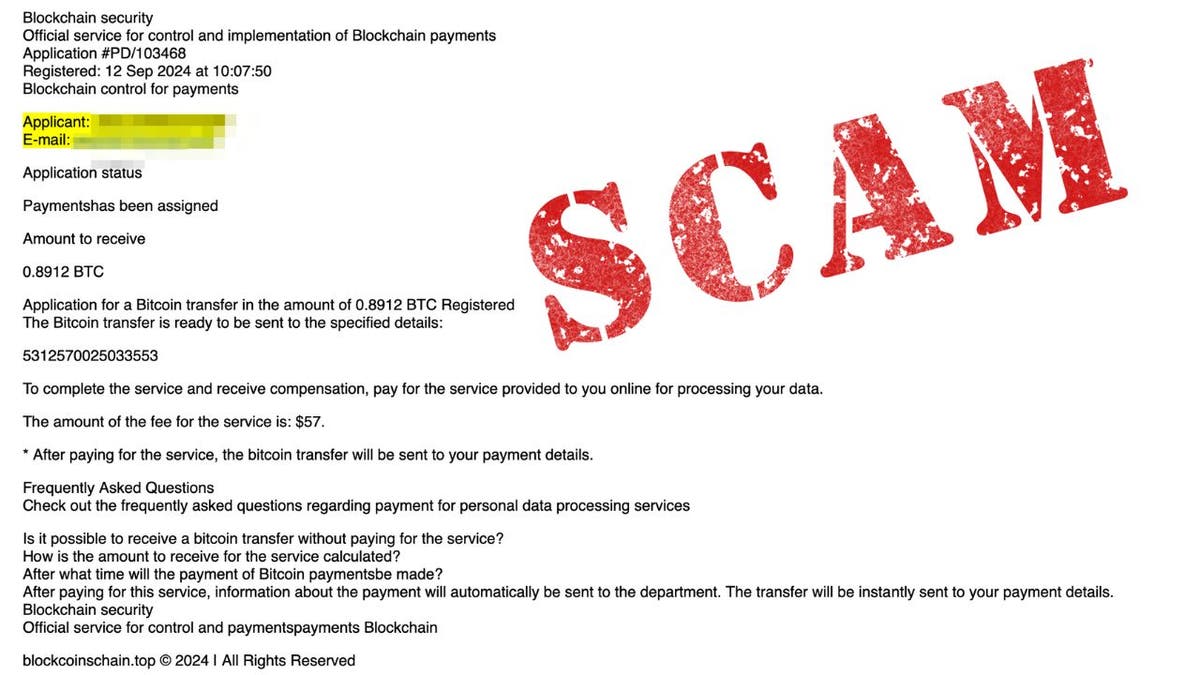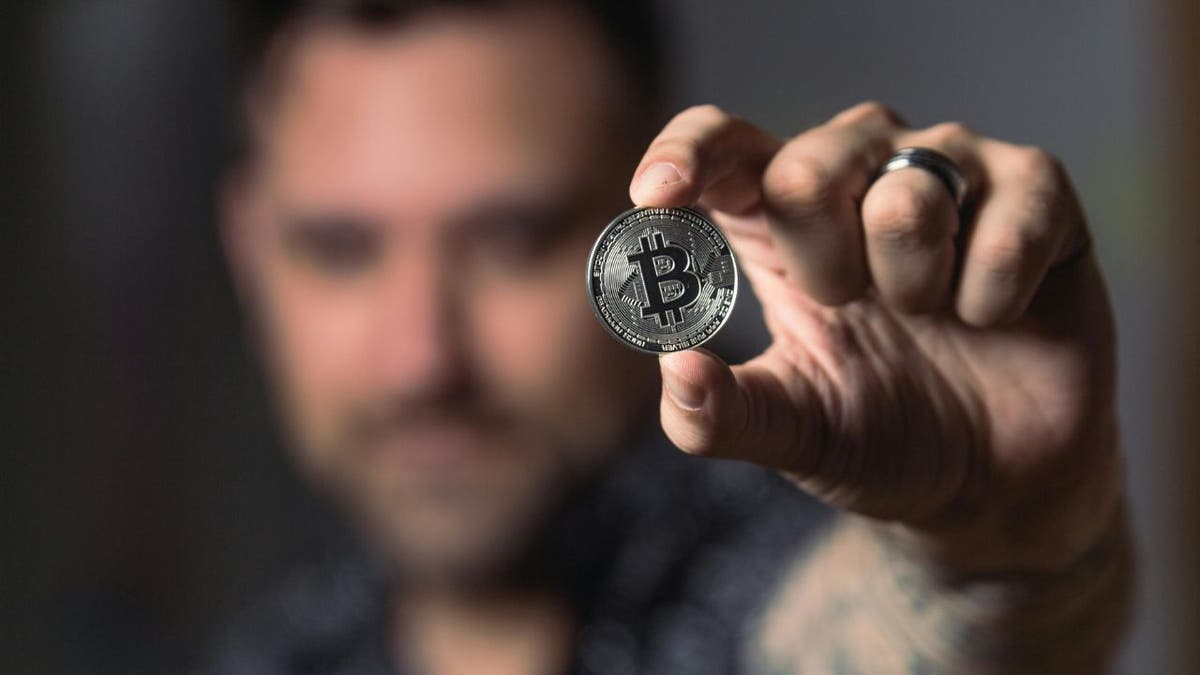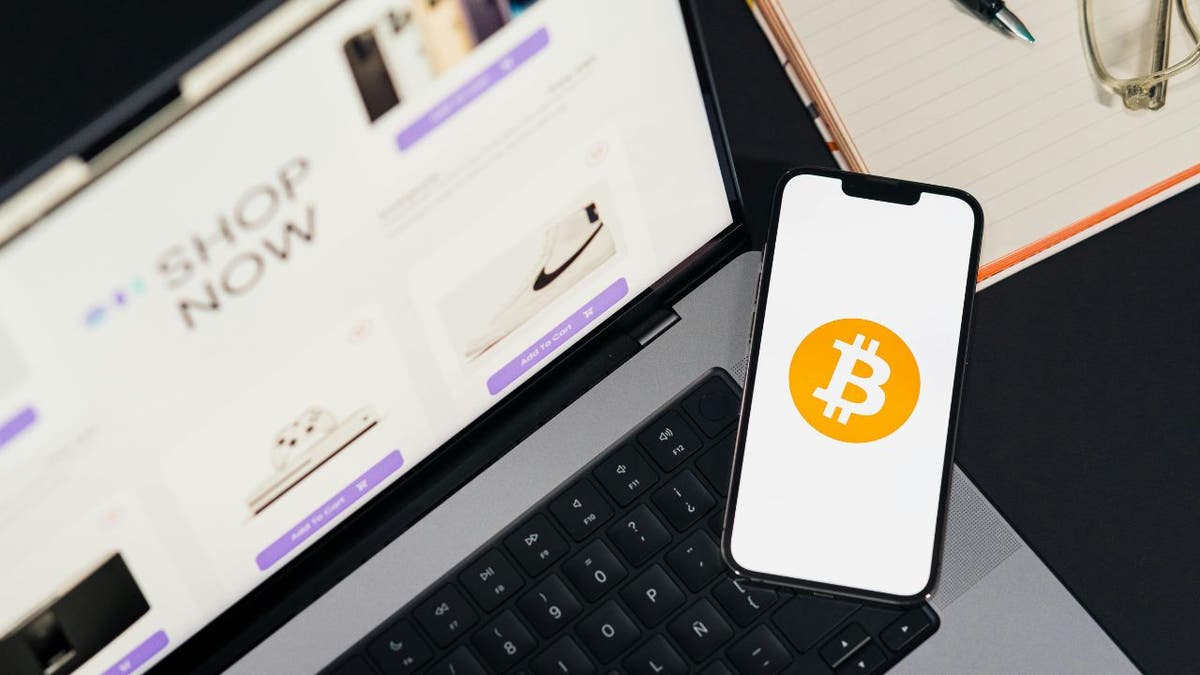The world of cryptocurrency, while offering exciting investment opportunities, is also rife with scams. It's crucial to be aware of these deceptive practices to protect your finances. Many individuals, like John from North Carolina, find themselves targeted by suspicious messages promising lucrative returns. This article will explore common blockchain scams, how to identify them, and essential steps to safeguard your investments.

Cryptocurrency Scam Email
Understanding Blockchain Scams
Blockchain scams are fraudulent schemes designed to steal your money or digital assets within the cryptocurrency ecosystem. The rise in popularity of cryptocurrencies has unfortunately been paralleled by an increase in these scams, exploiting the relative lack of regulation and the anonymity associated with blockchain technology.
Common scams include "Pump and Dump" schemes, where scammers artificially inflate a cryptocurrency's price before selling off their holdings, causing the price to crash. Initial Coin Offering (ICO) scams involve promoting non-existent projects to collect funds from investors. Phishing scams impersonate legitimate platforms to steal your credentials, while fraudulent giveaways promise unrealistic returns. Clone platforms mimic real exchanges to trick users into depositing funds.

Cryptocurrency Coins
Recognizing Red Flags
Be wary of unsolicited contact offering free money, pressure to act quickly, requests for upfront payment, and suspicious links. Legitimate crypto services rarely initiate contact, never pressure you into decisions, and never require payment before delivering services. Always verify links before clicking, and if in doubt, don't click at all.

Cryptocurrency Coin
How Scammers Obtain Your Information
Scammers employ various tactics to gather your personal information. Data breaches expose your data, public records offer valuable insights, social media oversharing reveals personal details, and phishing attacks trick you into providing sensitive information. Protecting yourself requires vigilance and proactive measures.

Cryptocurrency on Smartphone
Protecting Yourself
To protect yourself, independently verify all communications by logging in directly to your accounts. Use strong authentication, such as two-factor authentication. Be skeptical of offers that seem too good to be true. Scrutinize email addresses for discrepancies. Keep your software updated to patch vulnerabilities. Consider using a data removal service to minimize your online footprint.
Key Takeaways
In the cryptocurrency world, caution is paramount. Always verify information, be skeptical, and prioritize security. If unsure, contact official support channels. Protecting your investments requires proactive measures and informed decision-making.
Comments(0)
Top Comments